Rightsizing: Finding the Perfect Home for Your Next Chapter
Is Downsizing the same as rightsizing?

For many homeowners, the idea of "downsizing" has been around for years—trading a larger home for a smaller, more manageable space. But a newer term, "rightsizing," is gaining popularity, especially among retirees and those approaching retirement. Unlike downsizing, which suggests moving into a smaller space out of necessity, rightsizing is about finding a home that best fits your current lifestyle, health needs, and financial goals—whether that means moving to a smaller place, a larger home with more amenities, or even a different type of living arrangement altogether.
Why More Homeowners Are Rightsizing
An increasing number of retirees and empty nesters are re-evaluating their housing needs, and for good reason. Factors like rising interest rates, stock market fluctuations, and the desire for financial flexibility are making homeownership decisions more strategic than ever. Many homeowners in larger properties find themselves burdened by high costs, including mortgage payments, property taxes, maintenance expenses, and utility bills. Rightsizing offers an opportunity to optimize both finances and lifestyle.
The Financial Benefits of Rightsizing
One of the biggest motivators for rightsizing is financial freedom. Selling a larger home can free up equity, allowing homeowners to:
- Reduce or eliminate mortgage payments
- Lower property taxes and utility bills
- Save on maintenance and repair costs
- Increase cash flow for travel, hobbies, or healthcare
In some cases, rightsizing may even allow homeowners to purchase a more modern, energy-efficient home with features designed for aging in place—like single-level living, wider doorways, or smart home technology.
More Than Just Money: The Lifestyle Benefits
Beyond financial advantages, rightsizing can also mean:
- Moving closer to family and friends
- Living in a community that supports an active lifestyle
- Finding a home with less upkeep and more convenience
- Choosing a location with better healthcare access or social opportunities
For some, rightsizing means transitioning to an independent or assisted living community where maintenance and daily chores are handled, providing peace of mind and more time for enjoyable activities.
Is Rightsizing Right for You?
Deciding whether to rightsize depends on personal goals, financial considerations, and future plans. Here are some key questions to ask yourself:
- Does my current home meet my physical and lifestyle needs?
- Am I spending more time maintaining my home than enjoying it?
- Would moving allow me to improve my quality of life?
- Could I benefit from unlocking home equity for other financial goals?
Planning Your Next Move
If you’re considering rightsizing, take time to explore all your options. Work with a real estate professional who understands the unique needs of retirees and older adults. They can help you find a home that balances comfort, convenience, and financial security, ensuring that your next move truly enhances your quality of life.
Rightsizing isn’t just about square footage—it’s about finding the right fit for your future. Whether that means a cozy condo, a vibrant 55+ community, or a single-level home designed for aging in place, the goal is the same: a home that supports your best life today and in the years to come.
In the future BLOG we will discuss how to use your home equity to purchase a home.
Author: Kinga Wulczynska-Lauer- SRES®, CSHP®
Disclaimer:
Retirement In Reverse is a mortgage company dedicated to serving older adults, financial planners, and wealth managers with a strong focus on education and informed decision-making. While we strive to provide helpful information on a variety of topics, we are not experts in all areas. That’s why we collaborate with a trusted network of professionals—including attorneys, tax advisors, and financial planners—to help connect you with the right expert based on your individual needs. The information provided in this article is for educational and illustrative purposes only. Before making any financial, legal, or lifestyle changes, we strongly recommend consulting with a qualified professional who can review your personal situation. If you are considering Reverse Mortgage, call Ted Lange at 760-753-1568 to learn more.



